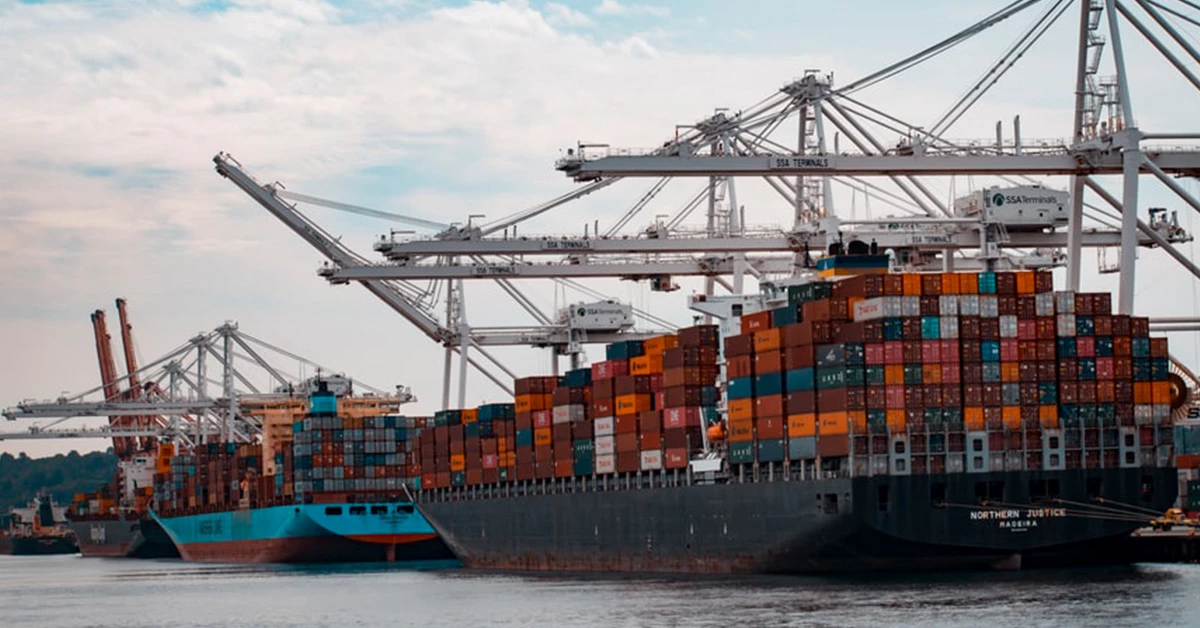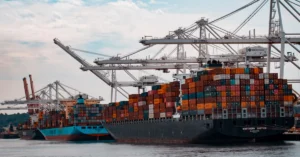Import clearance costs increase by 23% due to exchange rate volatility
The cost of clearing imports went from ₦1,150.16/$ on April 23, 2024, to ₦1,412.6/$ on May 8, 2024, a 23% rise in just 16 days.
Due to currency changes, import clearance fees for Nigerian manufacturers and importers have increased by 23 percent.
After the 2023 Customs Act went into effect, importers started to notice that the cost of clearing their goods was going up. The Act gave the Central Bank of Nigeria (CBN) the authority to determine the import duty calculation rate based on the current exchange rate.
The fluctuating currency rates in the foreign exchange market further affected the cost of clearing goods being imported as a result of the recent change in policy.
This gain represented a 48% increase over the exchange rate data as of the beginning of 2024, which was ₦951.941/$.
Earlier this year, the CBN directed the Nigeria Customs Service to use the closing foreign exchange rate in the official window for calculating import duties in an effort to quell the clamor that followed the many changes.
With effect from February 26, 2024, this circular replaces the preceding specifications listed in a Central Bank of Nigeria regulation.
Prior to the instruction, the CBN increased the rate of customs tax for clearing imported goods on February 21, 2024, by 4.5%, from ₦1,537.073/$ to ₦1,605.82/$. This rate is the highest that the country’s port business has seen since the FX reforms in June 2023.
Because of the CBN’s changes, which fortified the Naira against the dollar in response to the increasing supply of greenbacks, the Naira saw a resurgence in April 2024. Importers who were experiencing exorbitant port clearing expenses were immediately relieved by this.
Speaking on the subject, Jonathan Nicole, the former president of the Shippers Association of Lagos State, bemoaned the ongoing variations in import duty rates in an interview with Business Day, noting that importers and manufacturers were dealing with significant difficulties in monetizing their investments.
Nicole said, “Our economic policies have failed, and as a result of these fluctuations in rates, importers are leaving their goods in the ports or moving to nations with stable import policies.”






